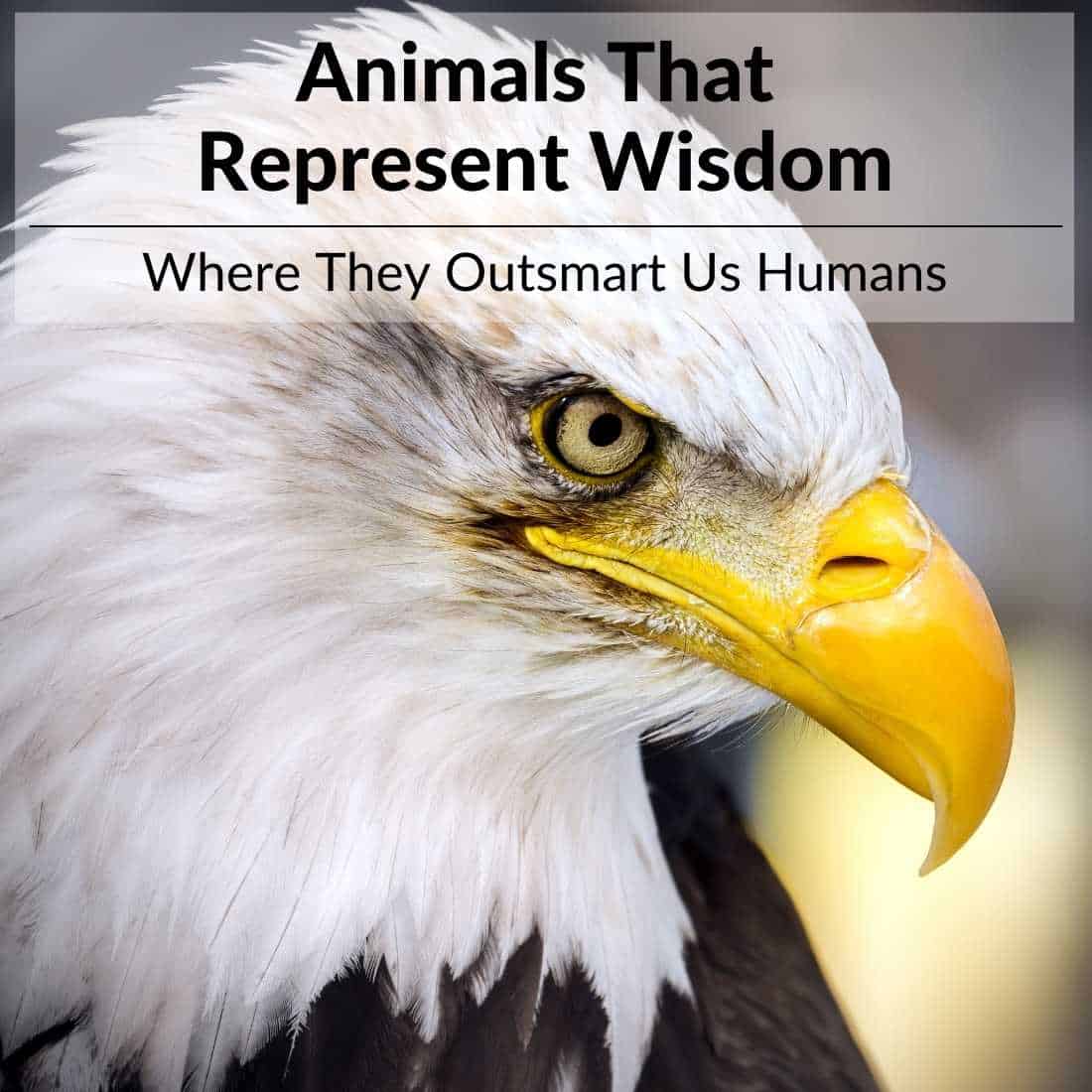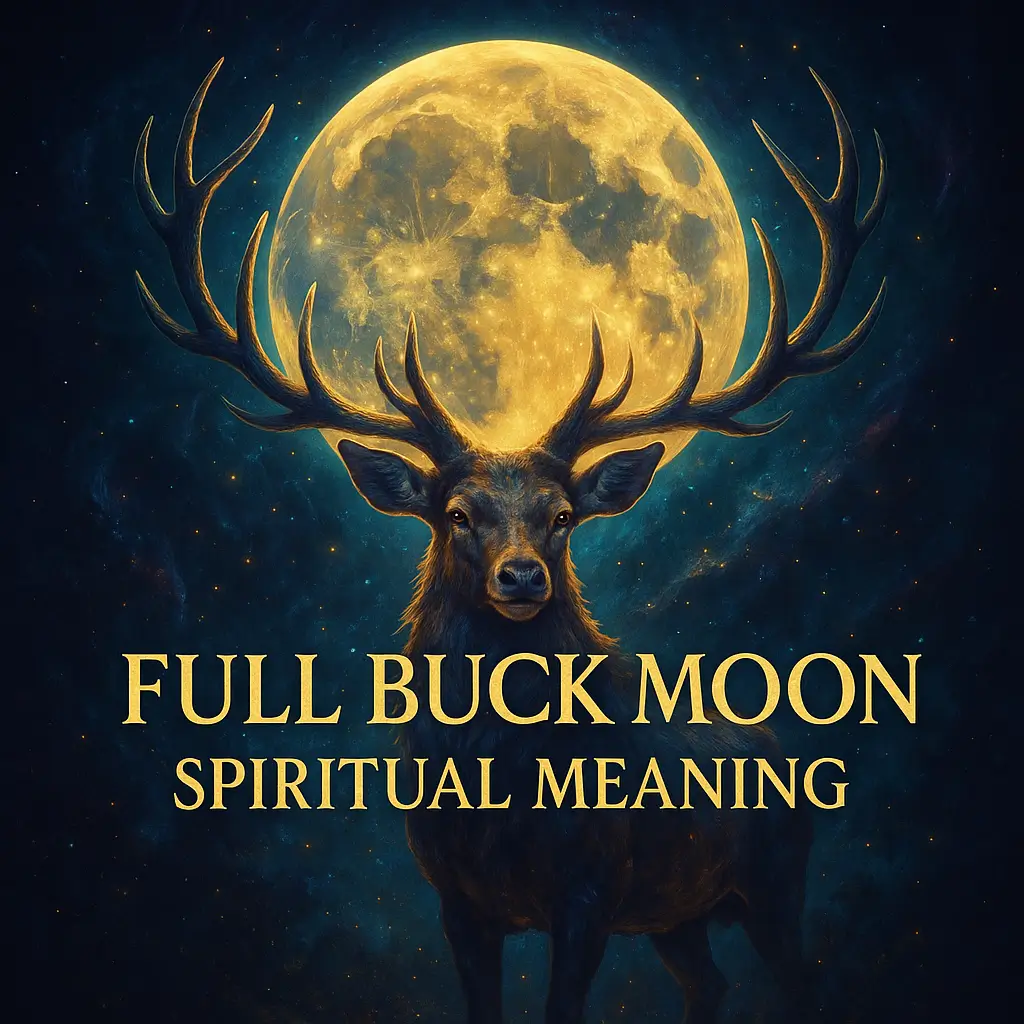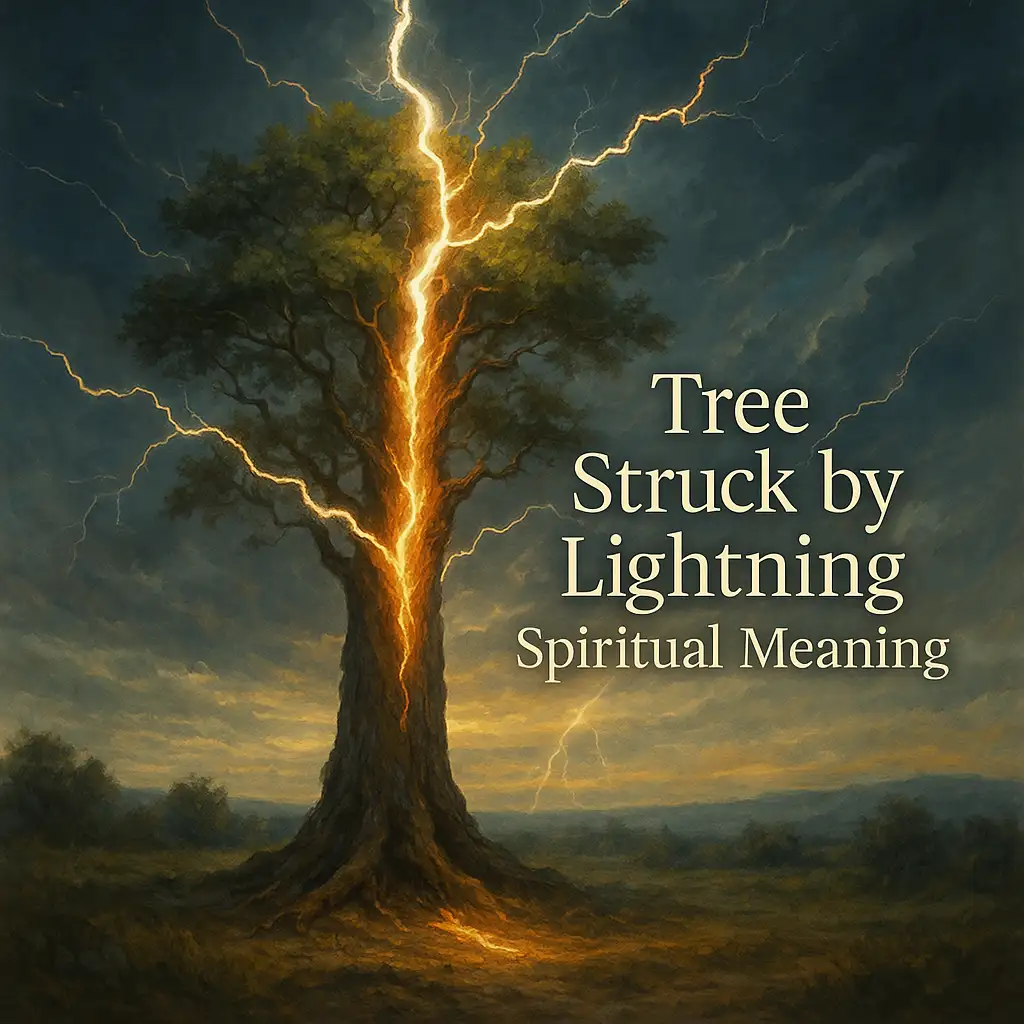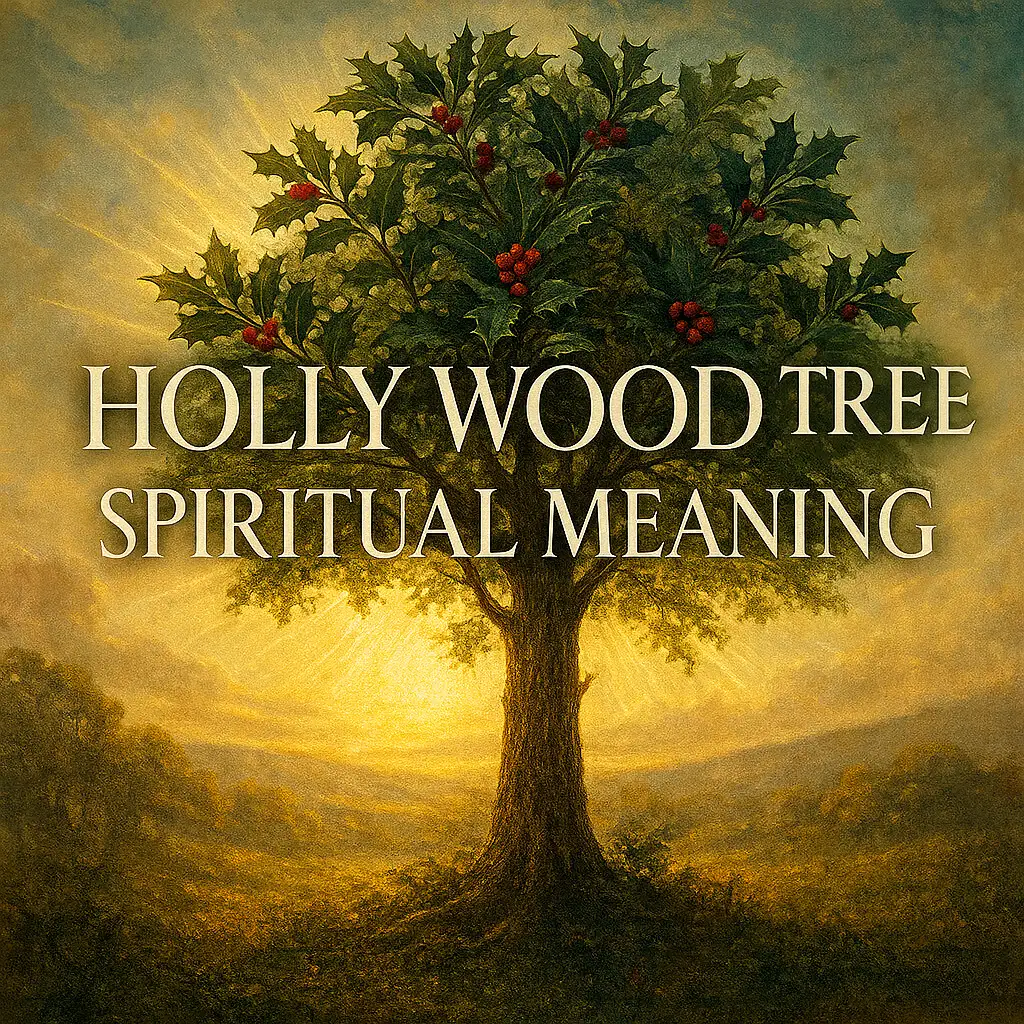Animals are often used as symbols of wisdom. These animals represent a type of knowledge that can be learned and passed down over generations to new members of the same species. This is how humans have been able to teach one another for centuries, passing on information about how to build shelters, hunt food, and defend oneself against predators.
Experts suggest that these animal symbols emerged from early human cultures in an effort to understand their own world through observation and storytelling.
Just like the people who first invented them, many contemporary representations don’t carry any real meaning or significance anymore – they are now simply a way for us to identify with other aspects of our humanity through story-telling and symbolism. That said, some animals still retain strong symbolic value in modern times for representing wisdom.
Table of Contents
- 1 Key Takeaways
- 2 Animals that represent wisdom from different angels
- 3 Animals that are believed to represent earth wisdom
- 4 Mythical animals that represent wisdom
- 5 Animals that biblically represent wisdom
- 6 Animals that represent strength and wisdom
- 7 Animals that symbolize wisdom and experience
- 8 Exploring the Ancient Wisdom of Animal Symbolism Across Cultures
- 9 Conclusion
- 10 FAQ
- 10.1 What are some animals that symbolize wisdom?
- 10.2 Which mythical creatures are associated with wisdom?
- 10.3 Are there animals that represent both wisdom and strength?
- 10.4 What role do wise animals play in religious texts?
- 10.5 How do animal wisdom symbols differ across cultures?
- 10.6 What makes certain animals universal symbols of wisdom?
- 10.7 How are wise animals portrayed in modern media?
Key Takeaways
- Earth wisdom is represented by long-living animals like turtles, elephants, snakes, and whales, which symbolize patience, endurance, and accumulated knowledge over generations.
- Several mythical creatures including dragons, sphinxes, and phoenixes have been powerful symbols of wisdom across different civilizations for thousands of years.
- The biblical tradition recognizes owls, snakes, crows, horses, and lions as creatures that represent various aspects of wisdom and intelligence in religious contexts.
- Animals that symbolize both strength and wisdom include horses, bulls, dolphins, and surprisingly, mice—which can remember up to 20 different food locations despite their small size.
- These animal symbols remain culturally significant because they represent qualities humans aspire to—the ability to make good decisions without emotional influence and to acquire knowledge that can be passed down through generations.
Animals that represent wisdom from different angels
Animals that are believed to represent earth wisdom
Any animal that is said to be a sage, or is widely respected for its wisdom, represents earth wisdom. Usually, long-living animal-like tortoises, elephants, snakes, and whales are thought to represent earth wisdom. These animals live a long time, just like the earth does, and they are also very wise.
Turtle

The turtle is a symbol of longevity and endurance, perhaps because it has survived numerous earth changes through the ages. It is also considered an emblem of Mother Earth. The turtle totem is tough, patient, and enduring as well as adaptable with a sense of balance both in motion and at rest.
Turtles are often slow to anger, but when threatened they can be extremely aggressive. This animal is also a symbol of fertility because females lay eggs and the males (hatchlings?) are born from under the female’s shell.
Elephant

Elephants do not have the greatest eyesight in the animal kingdom, but they never forget a face. They are said to be able to remember the face of every other elephant they have come into contact with for their entire lives. This would allow them to determine friend from foe, and even tell which elephants had a history of moving in the same social circles.
Elephant wisdom symbolizes balance, strength, and groundedness. They are having a deep connection to the earth and peaceful energies. Elephants are one of the most important animals in Asian cultures they represent strength, power, and dignity (read more about the elephant symbolism).
Snake
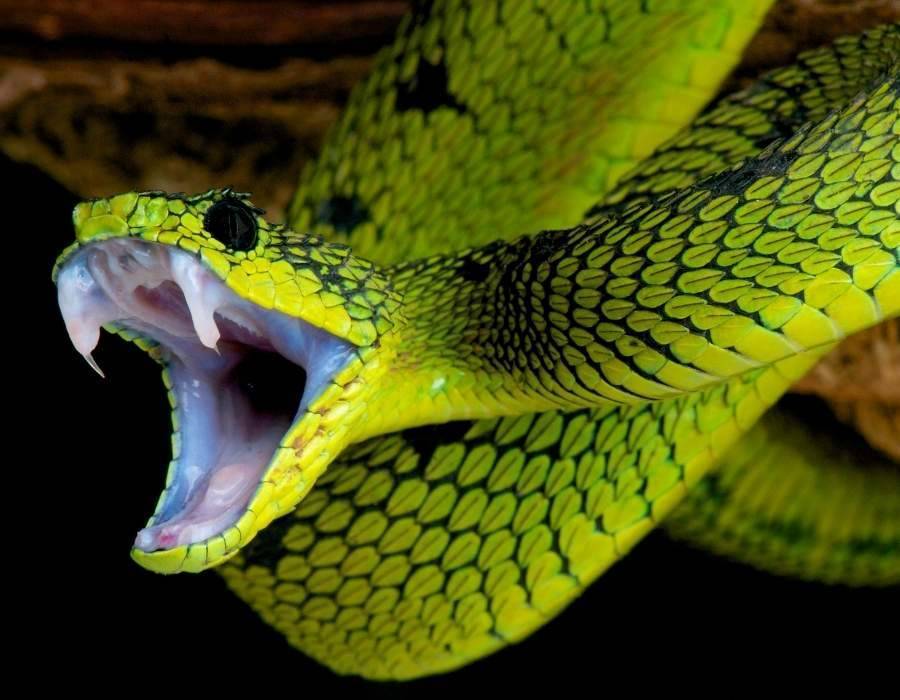
It is said that there are many things we can learn from the snake. It moves in a very unique way, unlike any other land animal. The snake’s slithering is a beautiful demonstration of harmony and balance, as it leaves behind a pattern in the sand – much like that created by our footprints. In some cultures, snakes are worshipped because they symbolize wisdom and beauty.
Snakes represent earth wisdom because they are also always linked to wisdom, immortality, and fertility.
Whale

If you want to know about long life, look at the great whales. The longest-lived mammals on earth are two species of Baleen whales (humpback whales and fin whales). Among baleen whales, they may live over 90 years.
This is one of the animals that symbolize wisdom because whales are believed to be very intelligent and know how to care for their children. They can communicate using deep low sounds that travel long distances under the sea, and they make songs that travel across oceans.
Baleen whales have a unique way of feeding by filtering plankton and small fish by straining seawater through special baleen plates in their mouths. They are also very special because they can hold their breath inside the water for a long time, even up to 90 minutes.
Mythical animals that represent wisdom
Mythical animals that represent wisdom include dragons, Sphinx, unicorns, Phonenix, Griffin, and Kirin. Some of these stories have been passed down for centuries or even millennia from generation to generation while others resurfaced in the 20th century as a result of various religious movements; however, they all share one thing in common: These animals that represent knowledge and power beyond that of their human counterparts.
Dragon
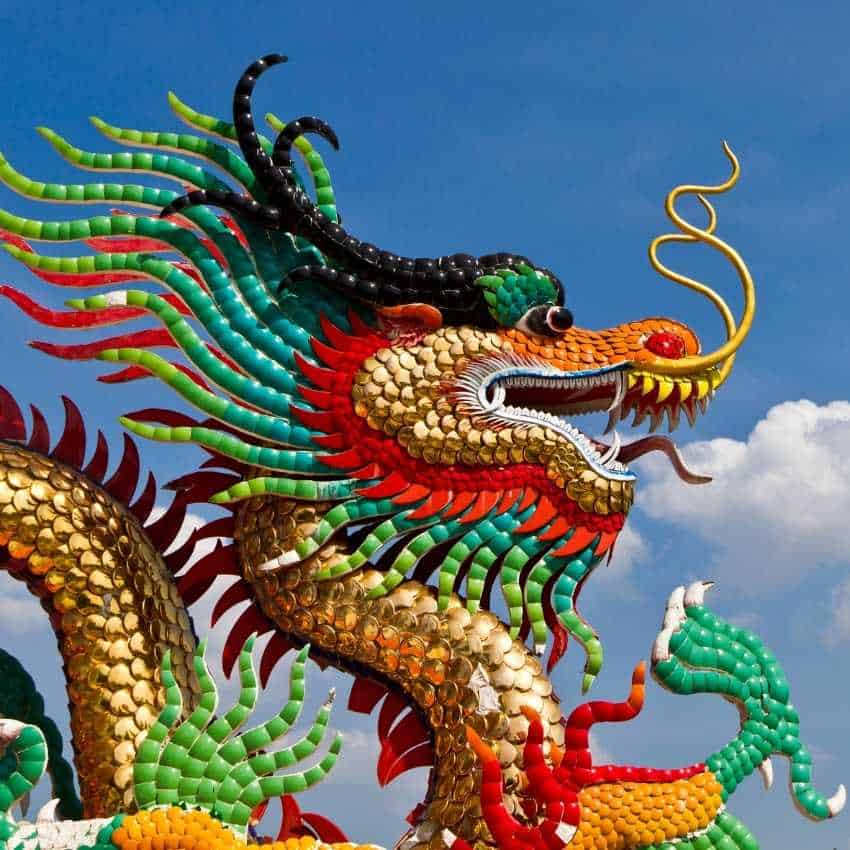
In Chinese mythology, the dragon has been known as a symbol of strength and power for thousands of years. They represent wisdom because they are often said to be able to change into other forms or take on human characteristics. In some cultures, dragons are worshipped as gods and goddesses, while in others, they are thought to have magic-like powers that allow them to fly and control the weather.
Also, dragons are important beings, often representing strength, power, good luck, nobility, and wisdom. You can find a dragon in many Buddhist temples because it’s believed that dragons can protect people from evil spirits.
Sphinx
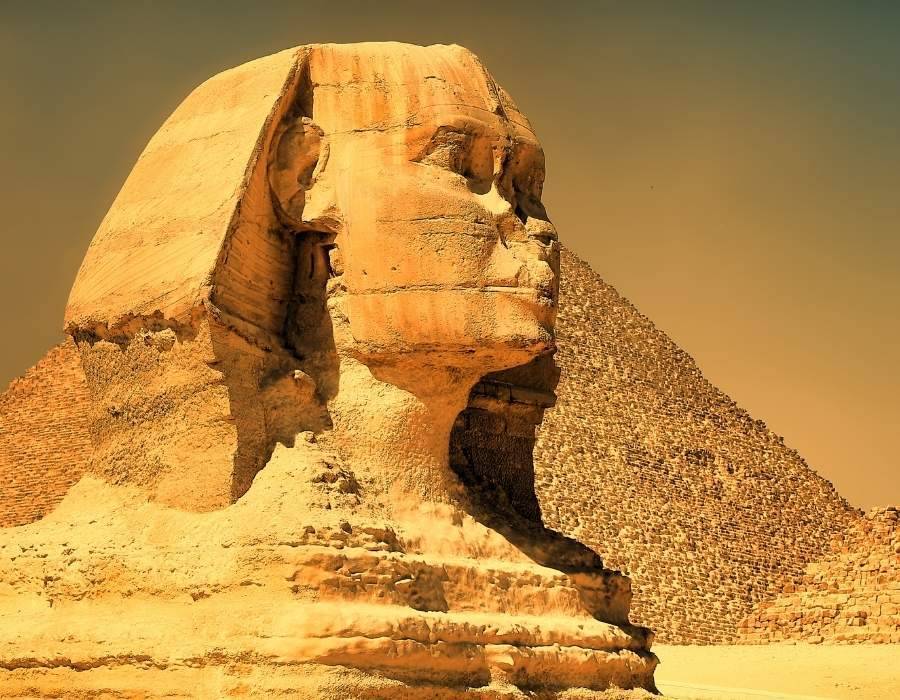
The sphinx was a creature that was known for being both very wise and also extremely intelligent. This creature is often compared to an owl because of its association with wisdom and knowledge, which makes it a symbol of intelligence as well.
Unicorn

In many different cultures, the Unicorn is often seen as a symbol of purity that also represents wisdom. Within religious and spiritual traditions, the Unicorn was thought to be one of only four creatures able to resist the temptations presented by a serpent which is why it is commonly associated with intelligence.
Phoenix

One of the most well-known mythical animals that represent wisdom is the Phoenix. This creature features a long history of representing intelligence in many different civilizations and cultures. In fact, there is an old saying that goes “sitting on the tail of a phoenix,” which can be translated to mean “attaining wisdom by learning.”
Griffin

The Griffin is often depicted as a creature with the body of a lion and the head, wings, and claws of an eagle. This animal is also associated with strength, speed, and courage, which makes it yet another symbol of intelligence.
Kirin
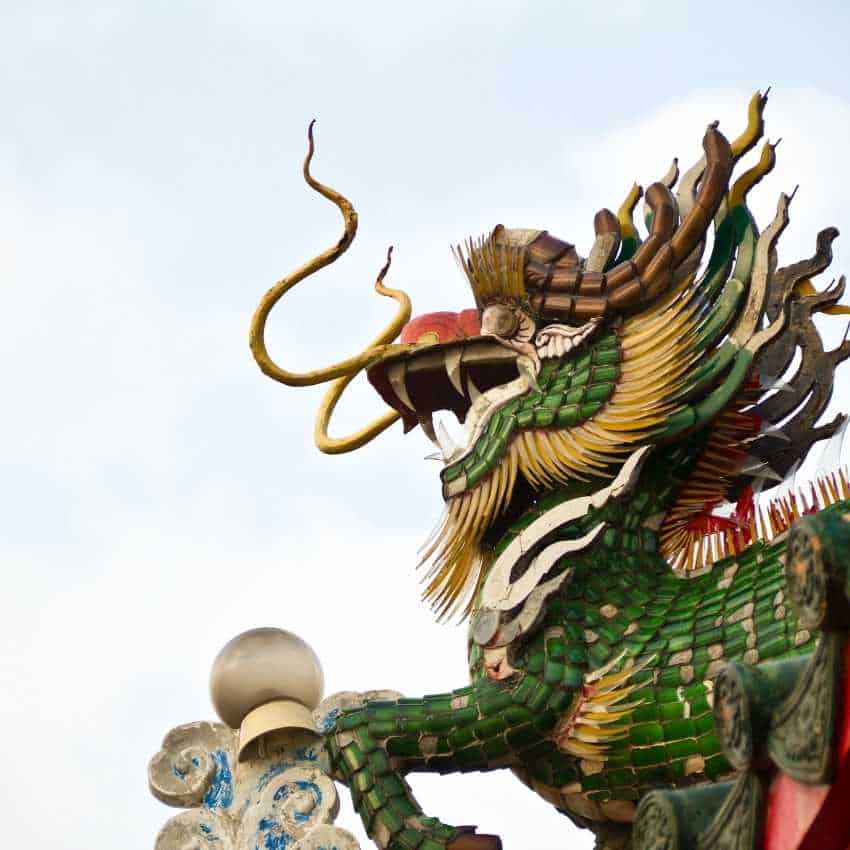
In mythology, the Kirin is depicted as an extremely intelligent creature that possesses wisdom and knowledge as well. According to legend, the Kirin was originally a weak creature that would only gain its strength after it bathed in the light of the full moon. It is also said that this creature can walk on water which made some civilizations consider it to be a symbol of intelligence as well.
Animals that biblically represent wisdom
You can find many different types of animals that represent wisdom in the Bible as well. In fact, some scholars believe that various elements within the stories of Genesis were actually inspired by mythology and folktales from other cultures.
Owl
In the Bible, there is a passage that includes some common quotes about wisdom and knowledge, which features an owl in it as well. Although this passage isn’t actually mentioning owls, many people have associated them with wisdom because of their symbolism in various mythologies and religions worldwide.
Snake
In the Book of Genesis, the snake is described as being wise and sly, which is why it is often considered to be a symbol of wisdom. Within mythology, snakes are also known for having been great teachers who were able to communicate with humans and provide them with immense amounts of knowledge.
Crow
In several different cultures, the crow is often said to be intelligent, clever, and sly. In fact, this creature has been seen as a symbol of wisdom in many different civilizations throughout history which is why it was included in the bible.
Horse
In Christianity, horses are most commonly associated with strength and bravery, but they can also represent intelligence at times. In fact, there is a passage in the bible that focuses on the intelligence of horses which is why these creatures are often used as symbols of wisdom.
Lion
One of the most well-known animals that represent wisdom in the bible is the lion. In fact, there are several passages in it that focus on how these creatures are intelligent and represent forms of knowledge. The Lion has been associated with wisdom for many centuries now, which is why it can be seen throughout history and even today.
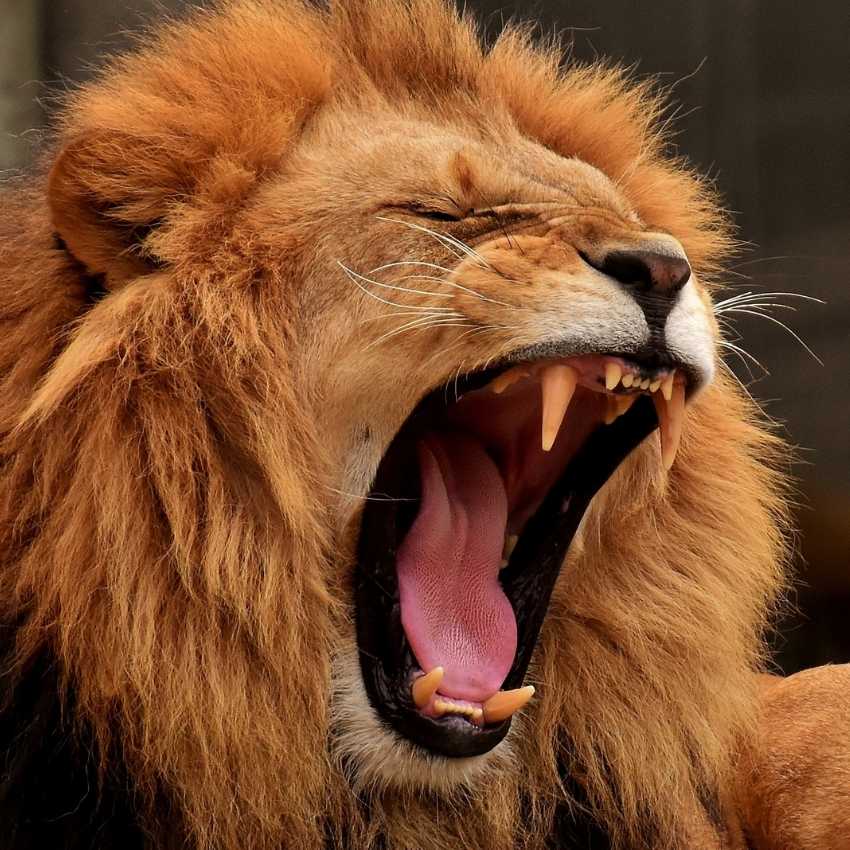
Animals that represent strength and wisdom
Strength and wisdom Go hand in hand, and each animal represents both strong characteristics. Many animals can be symbols of strength and wisdom, but there are a few that stand out:
Horse
In several different cultures, it is believed that horses possess both physical strength and the ability to think rationally, which is why they are often associated with wisdom. During the Middle Ages, many civilizations used horses as symbols of intelligence due to the similarities between them and people.
Rooster
In Greek mythology, the rooster was said to be an extremely wise creature that could see through the darkness and recognize things for what they truly were. It was also used as a symbol of strength because of its ability to wake people up early in the morning, even when they were sleepy or tired.
Bull
As one of the oldest domesticated animals in history, the Bull is strongly associated with strength and courage, which is used to protect its herds from potential predators. However, this creature has also been seen as an extremely intelligent animal that was able to learn how to open gates or drink water from a bucket. (see also our post about bull symbolism)
Dolphin
In some parts of the world, dolphins (see dolphin’s spiritual meaning) are known as extremely intelligent creatures that are capable of understanding and learning various types of skills. According to a myth in ancient Greece, the dolphin was also said to be extremely wise, which is why it can be seen on various objects throughout history.

Mouse
Despite being a tiny animal, the mouse is one of the most intelligent creatures in the animal kingdom. In fact, they are capable of remembering up to 20 different places where they can find food as well as about 10 different types of dangers. This is why it was chosen to represent intelligence in Christianity and has been used quite often throughout history as a symbol of wisdom.
Animals that symbolize wisdom and experience
There are also several animals in the bible that symbolize wisdom and maturity. These creatures have been associated with both of these things throughout history, and each one has a form of symbolism related to them:
Donkey
In some cultures, donkeys symbolize strength and maturity, which is why several stories reference them as a symbol of wisdom and knowledge. This is because these creatures are extremely humble in nature and can work long hours without becoming tired.
Quail
As a wise creature that is capable of hiding from predators, the quail has been seen as a symbol of wisdom in past civilizations. In fact, it was so intelligent that it would often play dead to avoid danger, which is why this creature can be seen on several religious artifacts and paintings throughout history.
Bat
Despite being seen as a creature that is associated with the night, bats are often used as symbols of wisdom and knowledge in ancient cultures (read this if you found a bat in your house). This is because they are extremely intelligent creatures capable of making their own decisions and understand consequences which is why they can be seen on various religious paintings throughout history.
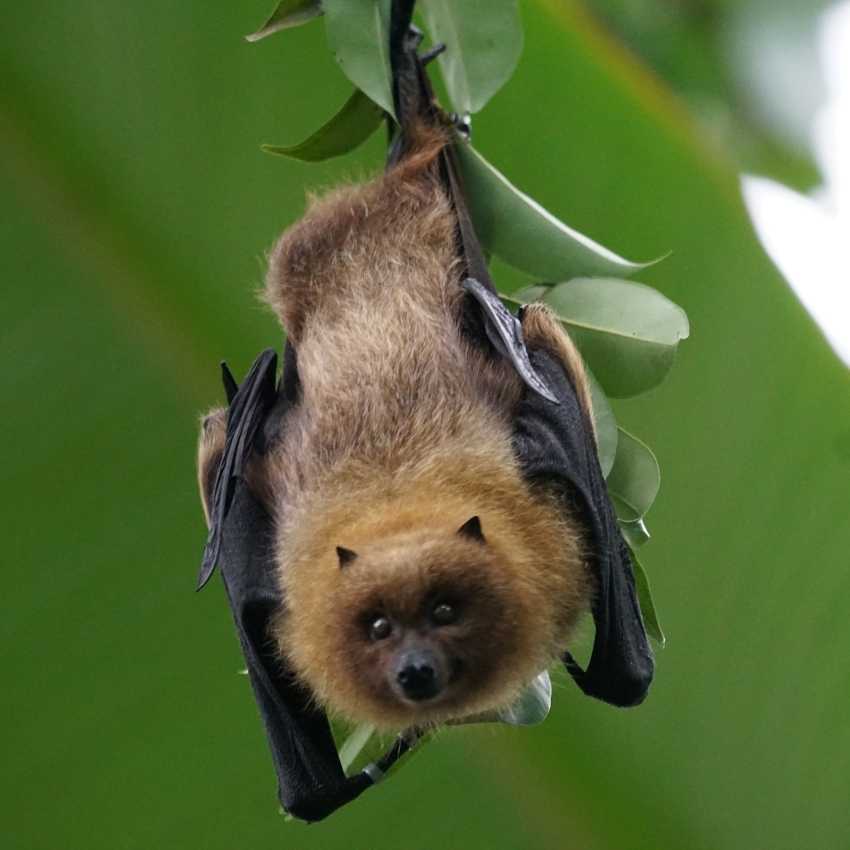
Exploring the Ancient Wisdom of Animal Symbolism Across Cultures
Throughout human history, various animals have been revered as vessels of wisdom and knowledge across different civilizations. These animal symbols of wisdom aren’t merely decorative representations but carry profound meanings that connect us to ancestral understanding and universal truths. The symbolism of wise animals transcends cultural boundaries, appearing in mythology, religious texts, folklore, and modern interpretations.
The Contrast Between Wisdom and Greed in Animal Symbolism
While many animals represent wisdom, it’s interesting to note how some creatures symbolize opposing qualities like greed. Animals that represent greed—such as the magpie hoarding shiny objects, the rat accumulating resources, or the wolf in some fables—stand in stark contrast to the wise creatures. This juxtaposition teaches us about balance and ethical decision-making. The owl’s patient observation versus the greedy fox’s cunning manipulation shows how animal symbolism helps humans understand complex moral concepts through natural metaphors.
Animals that represent truth often overlap with wisdom symbols but emphasize honesty and clarity rather than accumulated knowledge. The eagle, with its sharp vision seeing clearly from great heights, represents both wisdom and truth in many Native American traditions. Similarly, the crane’s straightforward nature in Japanese symbolism represents truthfulness alongside wisdom.
Wisdom Symbols Beyond Animals: Complementary Representations
While animals dominate wisdom symbolism, other natural elements complement these representations. Flowers representing wisdom include the lotus (representing enlightened wisdom rising from murky waters), the iris (divine wisdom in Greek mythology), and the sage plant (whose very name connects to wisdom). These botanical symbols often appear alongside wise animals in cultural artwork, creating a complete tapestry of natural wisdom symbols that enhance our understanding of knowledge acquisition and spiritual growth.
The spiritual gift of wisdom, recognized in many religious traditions, is often depicted through animal imagery. This connection between spiritual enlightenment and animal symbolism helps believers visualize abstract concepts through familiar natural examples. Whether in meditation practices featuring animal guides or in religious artwork depicting wise creatures, the animal kingdom provides accessible metaphors for the divine wisdom humans seek to attain.
Modern Interpretations of Animal Wisdom Symbols
Contemporary culture continues to draw on traditional animal wisdom symbolism while developing new interpretations. When we ask “as wise as which animal?” in modern contexts, responses might include not just the traditional owl or elephant but also dolphins (representing innovative intelligence), ravens (problem-solving ability), or even octopuses (adaptive intelligence). The phrase “wise ones” increasingly encompasses a broader spectrum of animals recognized for their cognitive abilities, social structures, and problem-solving skills—reflecting our evolving understanding of animal intelligence through scientific discovery.
These animal symbols of wisdom continue to appear in contemporary art, literature, business logos, and educational materials, demonstrating their enduring relevance. By connecting ancient symbolic traditions with modern understanding of animal cognition, we create richer, more nuanced representations of wisdom that honor both cultural heritage and scientific knowledge—proving that animal wisdom symbolism remains a dynamic, evolving language for expressing humanity’s highest aspirations for knowledge and understanding.
Conclusion
There are many animals in the world that have been commonly associated with wisdom throughout history. However, some of these creatures have a strong symbolism related to them that makes them perfect for worship and reverence. When used as symbols for wisdom, these creatures can be seen in paintings or other pieces of art that represent wisdom and knowledge, which shows how important they are to ancient civilizations.
These animals can be seen as a form of worship because they offer something that humans cannot. In this case, it is wisdom and knowledge or the ability to make good decisions without being influenced by emotions. However, these creatures are also seen as powerful symbols that represent strength and courage while using their special talents to achieve what they want in life (see also post: symbolism for confidence).
See also our full guide post about animal symbolism.
FAQ
What are some animals that symbolize wisdom?
Owls, elephants, turtles, and ravens are commonly recognized as wisdom symbols across cultures. The owl represents intuitive wisdom, elephants embody memory and experience, turtles symbolize patience and longevity, while ravens are known for their problem-solving intelligence and clever nature.
Which mythical creatures are associated with wisdom?
Dragons, sphinxes, and phoenixes are prominent mythical creatures associated with wisdom. Dragons represent ancient knowledge in Eastern cultures, sphinxes embody intellectual riddles and guardianship of knowledge, while phoenixes symbolize the wisdom gained through transformation and rebirth.
Are there animals that represent both wisdom and strength?
Yes, several animals symbolize both wisdom and strength, including lions, horses, and dolphins. Lions represent wise leadership and courage, horses embody intuitive wisdom alongside physical power, while dolphins demonstrate intelligent social structures and adaptability in challenging environments.
What role do wise animals play in religious texts?
In religious contexts, wise animals often serve as messengers, teachers, or embodiments of divine wisdom. Snakes, doves, and lions appear in biblical traditions, while elephants and monkeys feature prominently in Eastern religious texts, each conveying specific spiritual lessons about discernment and insight.
How do animal wisdom symbols differ across cultures?
Cultural interpretations of wise animals vary significantly. The snake represents cunning in Western traditions but divine wisdom in Eastern philosophies. Similarly, crows symbolize death in some cultures but intelligence in others, demonstrating how animal wisdom symbolism is shaped by regional history and beliefs.
What makes certain animals universal symbols of wisdom?
Animals that demonstrate observable intelligent behaviors, longevity, good memory, or problem-solving abilities tend to become universal wisdom symbols. Their characteristics resonate across cultural boundaries because they represent qualities humans universally value—patience, knowledge accumulation, strategic thinking, and clear perception.
How are wise animals portrayed in modern media?
In contemporary media, wise animals often appear as mentors, guides, or sages. Characters like Master Oogway (turtle) in Kung Fu Panda or Rafiki (mandrill) in The Lion King continue ancient traditions of animal wisdom symbols while making these concepts accessible to modern audiences.
